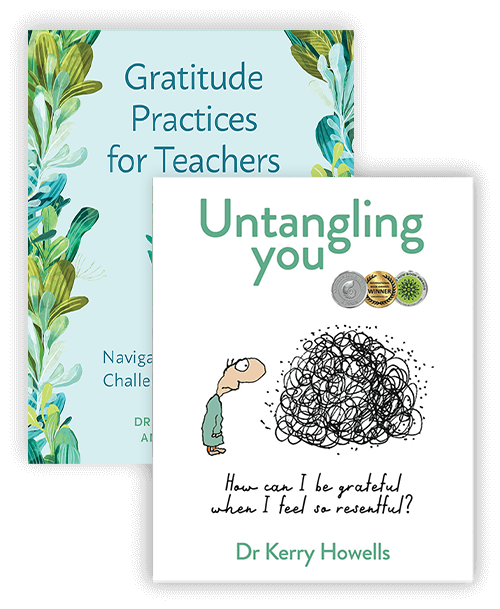Although praise can be a way of expressing gratitude, it is important to understand some of the differences between these two constructs and how these differences might play out in our lives.
Praise is commonly defined as “expressing warm approval or admiration”. Gratitude, in the deep sense I use the term, is essentially “the art of acknowledging what we receive from another and giving back, but not necessarily in reciprocation”. In other words, inherent to gratitude is this giving and receiving dynamic. Praise can often be used to acknowledge the good points in another but not necessarily what we receive from them. In this sense, it’s a one-way interaction, solely dependent on the giver of the praise.
I have often been asked about this distinction in sporting contexts, where there is a concern about where gratitude might play a role when talking about the performance of athletes. The coach perceives their role to be picking out the parts of the performance that need to be improved. They feel that if there is too much gratitude, the athlete will misunderstand and think that all is okay. Some coaches misinterpret the act of pointing out what went well in the performance as gratitude. However, that is more of an evaluative process that results in praise or positive acknowledgement. It is also more about the performance and not the person.
When we acknowledge what we receive from another, we offer a special kind of recognition that connects us with them at a deep level of self. Without this, relationships cannot be as flourishing as they need to be, and the person in need of our gratitude cannot feel the connection that they are often craving. If the relationship between the coach and athlete is not strong, they may not be able to really hear and learn from the critical appraisal of their performance.
Gratitude can be of great benefit in enhancing relationships. It might therefore be helpful to separate the two kinds of interactions. One is offering critical appraisal, another might be a different conversation where the coach is focusing on expressing gratitude to the athlete – authentically finding what they have been given by the athlete and expressing this in ways that are meaningful to them.
Kerry







